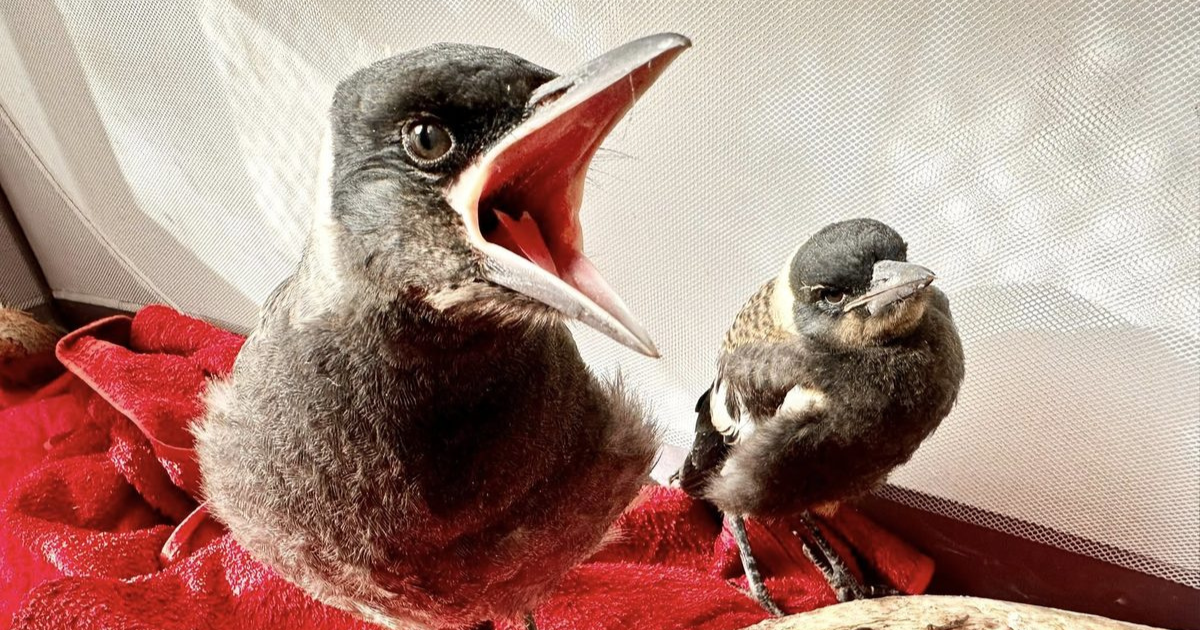Chief Health Officers warns of increased mosquito numbers

The Anglesea River is a hotspot for mosquito larvae and the town recorded its highest number of Ross River Cases on record in 2021. Photo: TIM LAMACRAFT
VICTORIA’S Deputy Chief Health Officer has warned heavy rainfall and flooding has increased mosquito breeding and that already high numbers are expected to increase.
Associate Professor Deborah Friedman forecast greater mosquito biting in coming weeks and urged people to take steps to avoid the risk.
“Anyone is potentially at risk of being bitten by mosquitoes, and while most bites only cause minor swelling and irritation, an infected mosquito can transmit potentially serious diseases,” she said.
“Taking measures to avoid mosquito bites is therefore a critical step to protect against diseases.”
The alert follows a warning earlier this month that case numbers of the flesh-eating Buruli ulcer, also commonly known as the Bairnsdale ulcer, was being detected at above average rates in greater Geelong, and was also turning up in the Bellarine and the Surf Coast.
Geelong case numbers have reached record levels with 40 detected this year, out of 266 across Victoria. The skin disease is linked to areas where mosquitoes, possums and soil are frequently found to be carrying it.

“We are monitoring key sites where there has been a reported increase in mosquitos in areas such as Eastern Park, Barwon Heads and Ocean Grove,” Geelong council’s director of city services Guy Wilson-Browne said.
“The persistent rain means we’re likely to see higher mosquito numbers than in previous years and unfortunately the rain also limits the effectiveness of the treatments we have applied.”
Increasing case numbers of Buruli ulcer align with the rise of mosquito borne diseases like Ross River Virus, that last year hit record highs across the great Geelong and Surf Coast.
Geelong recorded 119 cases in 2021, double its previous peak of 66 in 2017.
The Surf Coast recorded 107 cases over the same period, up from a previous high of 93 in 2017.
Prof. Friedman said that while endemic across the state, these diseases occur more frequently in regional riverine and coastal areas.
“More rarely, mosquitoes can transmit Japanese encephalitis virus, Kunjin virus and Murray Valley encephalitis virus, which can cause serious illness,” she said.
“Aside from Japanese encephalitis, vaccines are not available for these other mosquito-borne diseases. Importantly there is no vaccine currently available to protect against Ross River Virus disease.”
For local information, head to surfcoast.vic.gov.au/Community/Public-health/Mosquitoes or geelongaustralia.com.au/mosquitoes
To view the Chief Health Officer’s advice, head to health.vic.gov.au/health-advisories/health-warning-on-mosquitoes-and-ross-river-virus

















